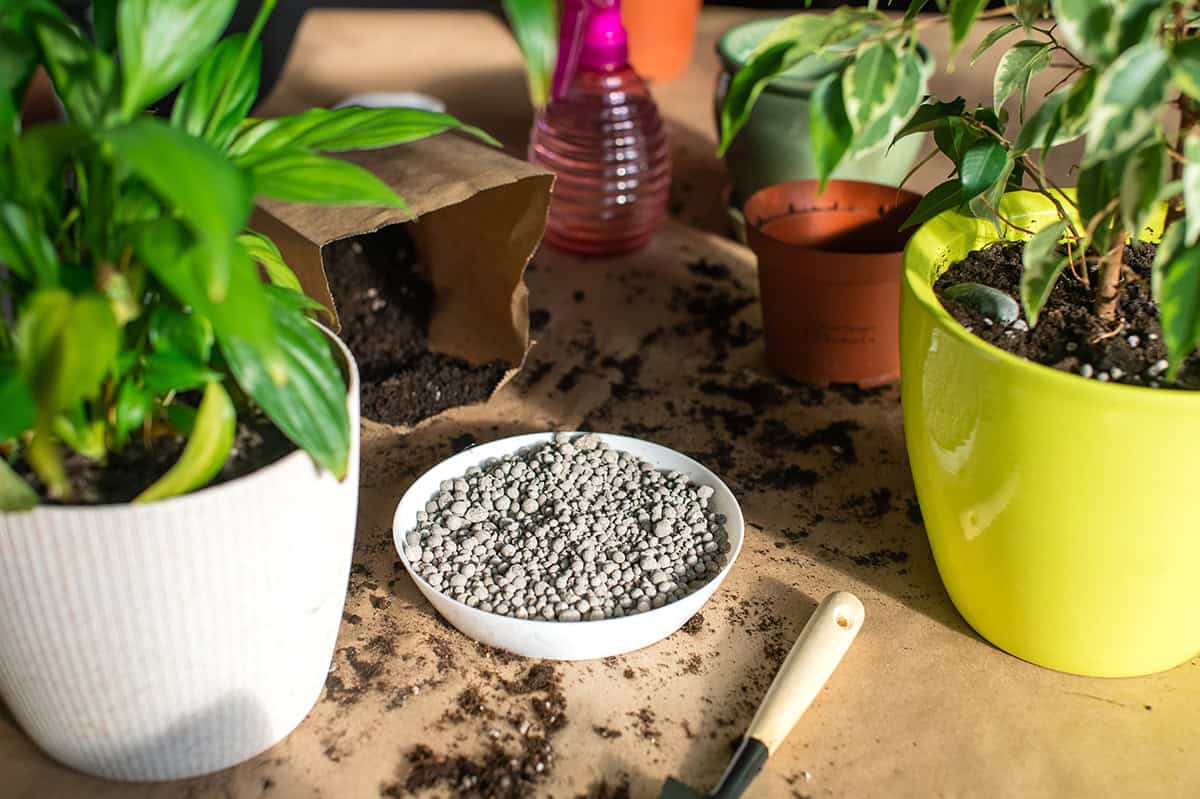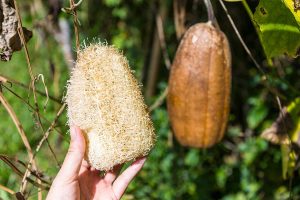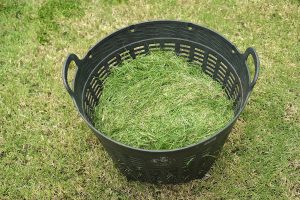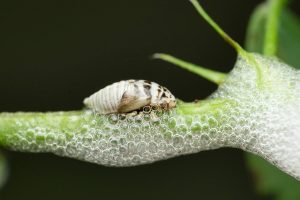Want to give your houseplants a healthy boost without running to the store? These homemade fertilizers use simple, everyday ingredients to nourish your plants naturally. Let’s turn your kitchen scraps into plant food gold!
Table of Contents
Homemade Fertilizer For Houseplants
Homemade fertilizers provide essential nutrients for houseplants using everyday household items. These fertilizers can improve plant growth, enhance blooming, and fortify resistance against stressors, all while being eco-friendly and cost-effective.
Banana Peel Fertilizer
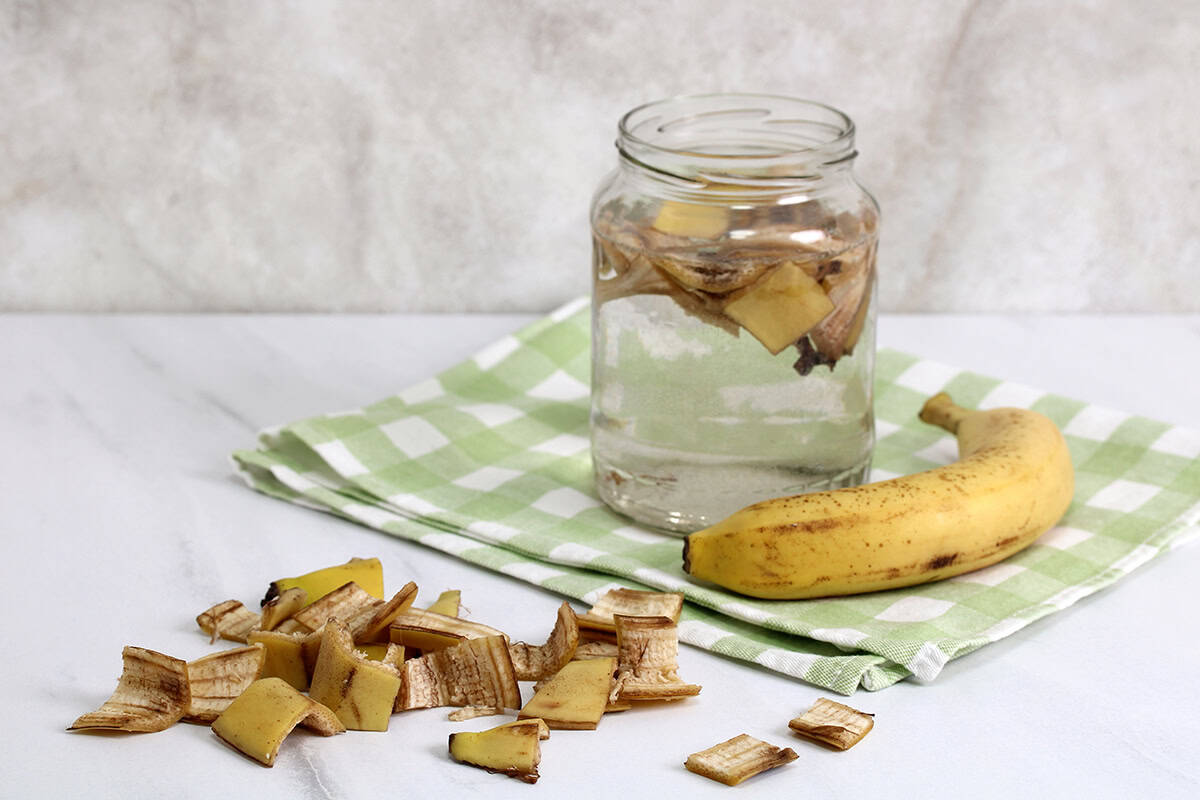
Banana peels are rich in potassium, which supports plant health. To use them, chop the peels into small pieces and bury them in the soil near the plant roots. This slow decomposition releases nutrients directly to your plants. Alternatively, blend peels with water to create a liquid fertilizer for your plants. You can apply this mixture once a month to encourage blooming. Remember to avoid letting peels sit on the soil surface, as this may attract fruit flies.
Coffee Grounds
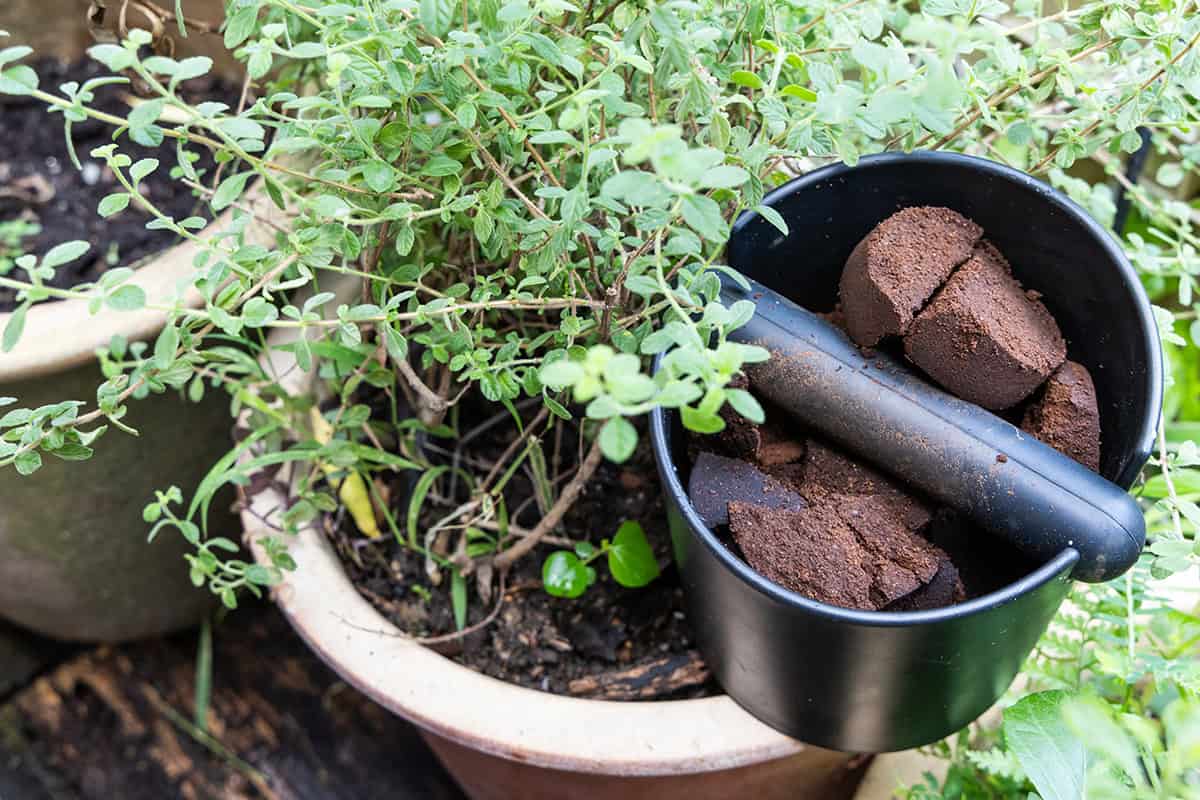
Coffee grounds are a familiar kitchen by-product with added benefits for houseplants. Their high nitrogen content aids leafy growth, especially in acid-loving plants like ferns. Dry used coffee grounds to prevent mold, then sprinkle on top of the soil or mix with potting medium. However, balance is critical, as excessive amounts may cause soil acidity to increase. Always rinse the grounds before use to remove caffeine residues.
Eggshell Powder
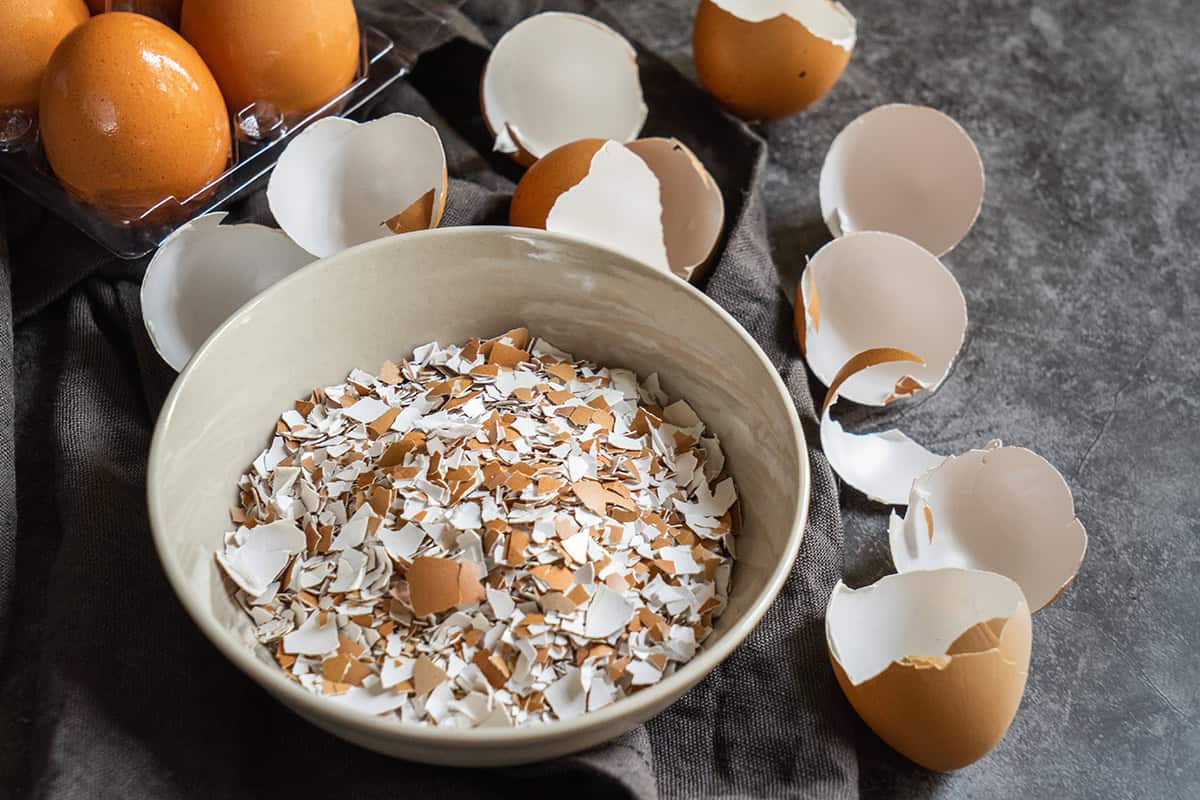
Eggshells are a source of calcium, which strengthens cell walls in plants. Rinse shells after use and let them dry. Once dry, crush them into a fine powder using a blender. Sprinkle the powder over the potting soil or mix it with water to create a diluted spray. Aim to apply this remedy monthly, as calcium is an essential nutrient required for growth but isn’t needed in large quantities.
Aquarium Water
Used aquarium water contains fish waste, which offers nitrogen, potassium, and phosphorus. These nutrients aid in vibrant growth. Replace the plant’s regular watering schedule with this nutrient-rich water monthly. Always ensure the aquarium water is unsalted and free of chemicals. This method can enhance foliage health, especially for large, leafy houseplants needing frequent watering.
Used Tea Leaves Or Tea Bags
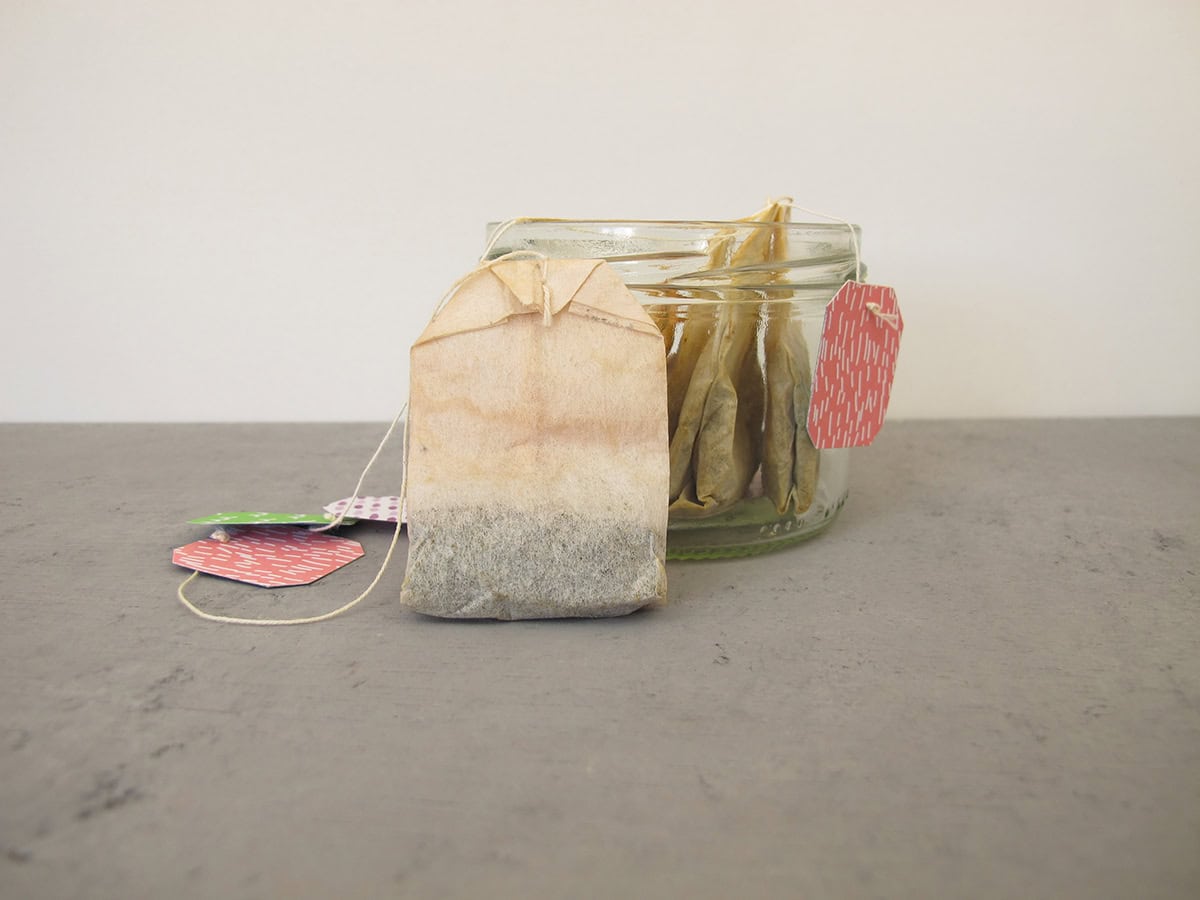
Recycling used tea leaves offers a mild nitrogen boost to houseplants. After brewing, let the leaves or bags dry completely. Once dry, remove the leaves from bags and mix with soil, which enhances drainage and adds nutrients. Alternatively, create a liquid fertilizer by soaking dried leaves in water overnight, then use the liquid to water your plants. Tea leaves improve soil structure, benefiting root development and plant health.
Epsom Salt Solution
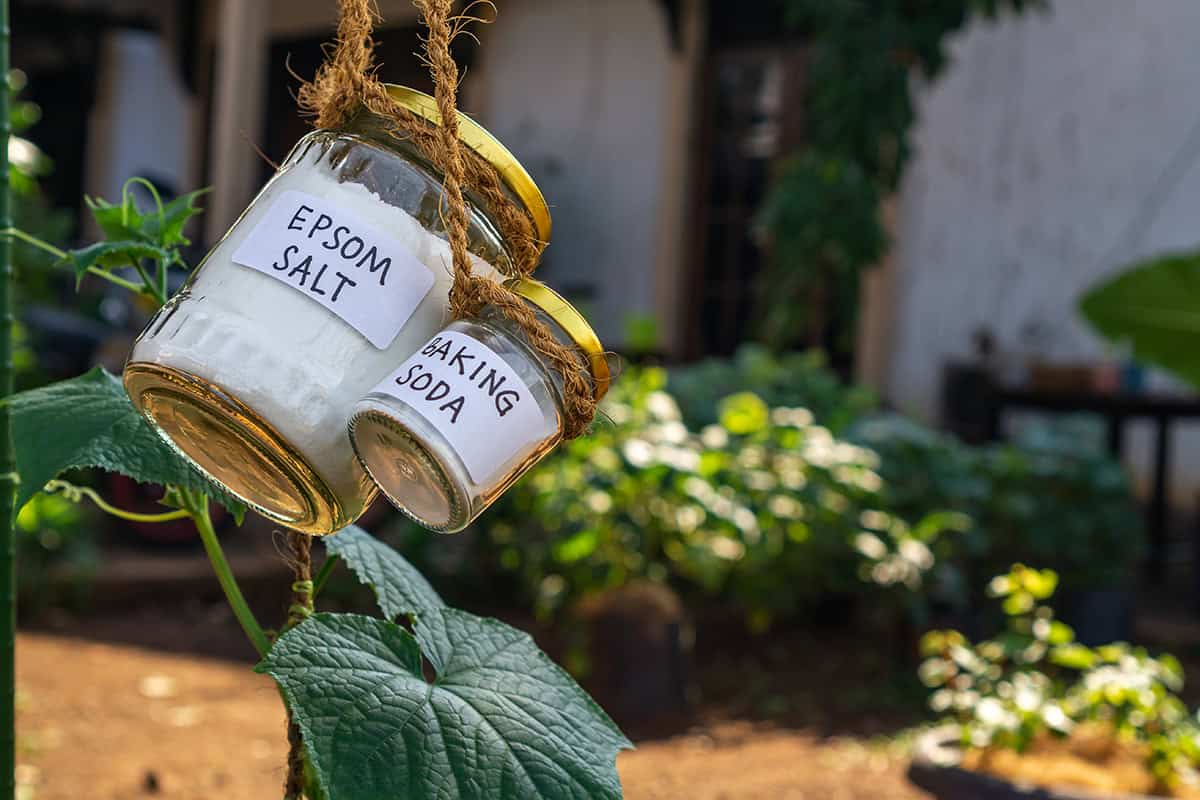
Epsom salt contains magnesium sulfate, which boosts chlorophyll production and helps with nutrient uptake. Dissolve one tablespoon in a gallon of water. Apply this solution monthly to hydrate the plants. This fertilizer is useful for magnesium-deficient plants, like roses and tomatoes, that show yellowing leaves. Epsom salt enhances the flowering potential, resulting in lush greenery and vibrant blooms.
Cooking Water
Leftover water from boiling vegetables serves as a fertilizing option. Once cooled, it provides nutrients like phosphorus and potassium. Watering your houseplants with this nutrient-rich liquid gives them a natural boost. Ensure the water is unsalted to prevent soil salinity issues. Incorporate this method as part of your regular watering routine to encourage healthy and sustainable plant growth.
Molasses Mixture
Molasses acts as a mineral-rich carbohydrate source, feeding beneficial microbes in the soil. Mix one tablespoon of molasses with a gallon of water to make a nourishing plant tonic. Use this solution as a monthly supplement to your usual watering. The sugars in molasses can encourage microbial activity, leading to improved soil fertility and plant vitality.
Compost Tea
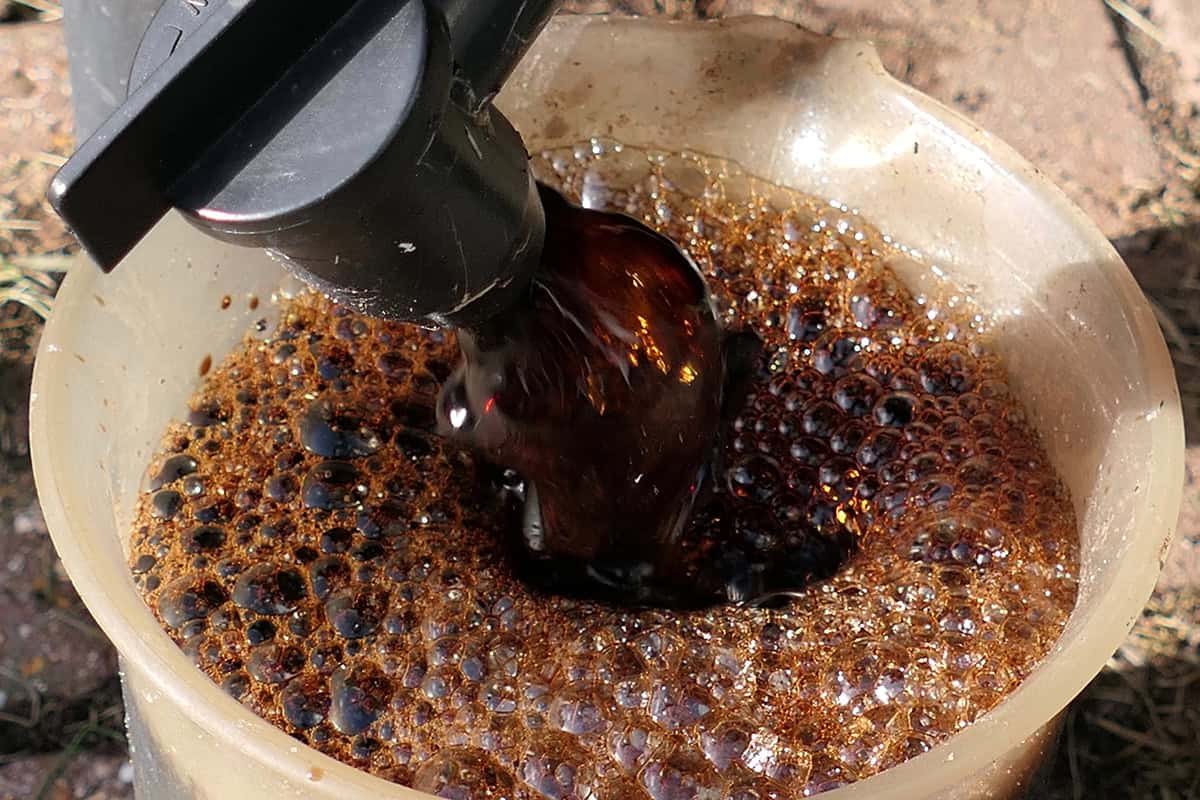
Compost tea is a liquid extract made from compost steeped in water. It delivers beneficial microbes and nutrients to your plants. To make it, fill a bucket with compost and water and steep for 24 hours, stirring occasionally. Strain the liquid to use as a fertilizer. Apply it every two weeks for a natural nutrient boost that promotes growth and prevents diseases.
Diluted Milk
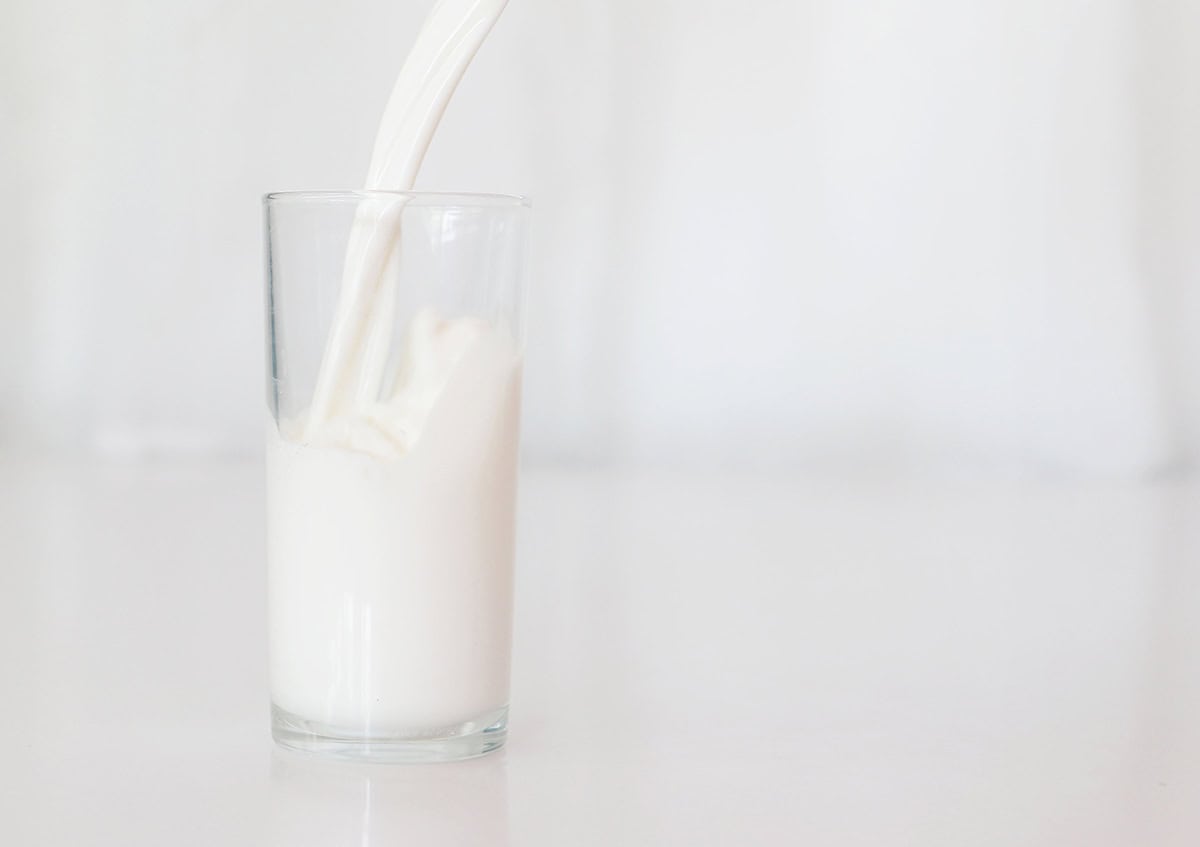
Milk contains beneficial nutrients like calcium and amino acids. Dilute milk with water at a 1:4 ratio before pouring onto the soil. This provides nutrients and acts as a mild fungicide. Applying it monthly can strengthen plant cells and help prevent powdery mildew. Ensure you moderate the use to avoid any unpleasant odor or mold from excess milk residue in the soil.
